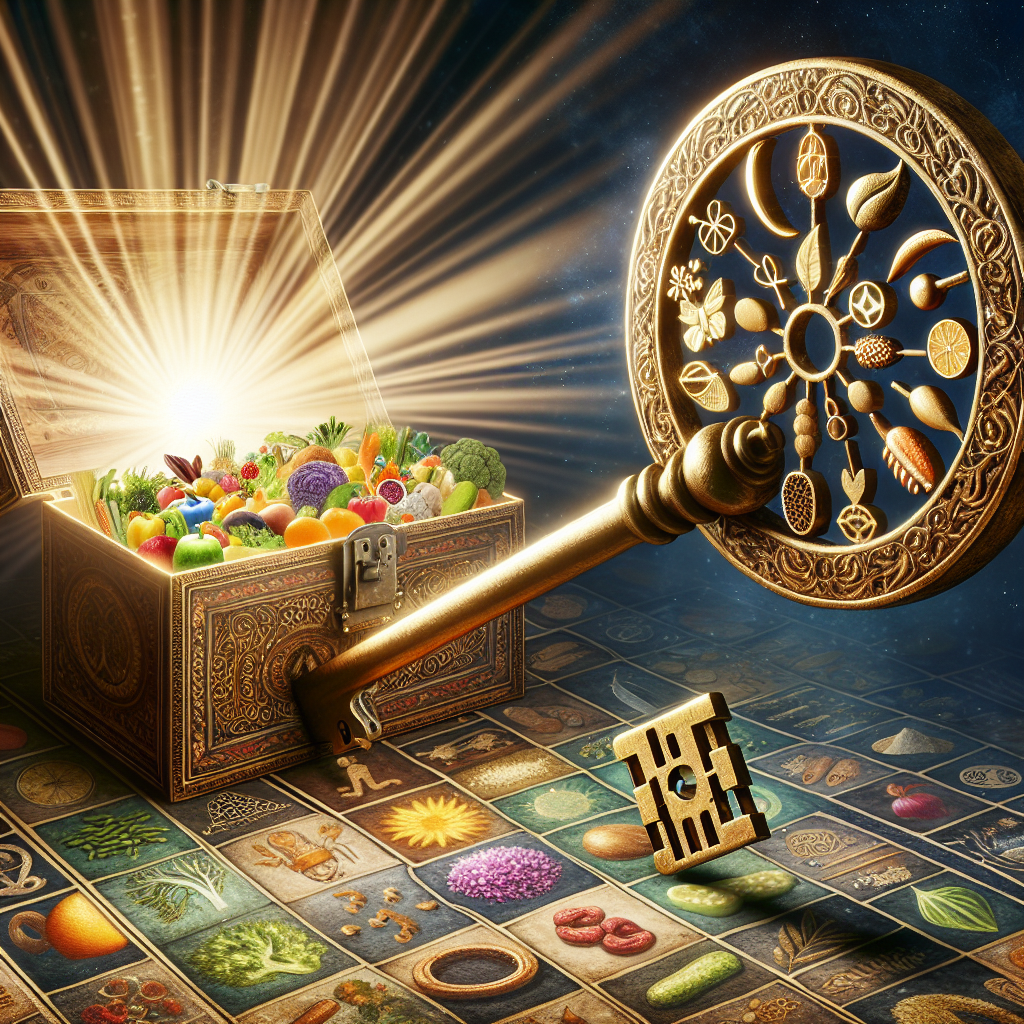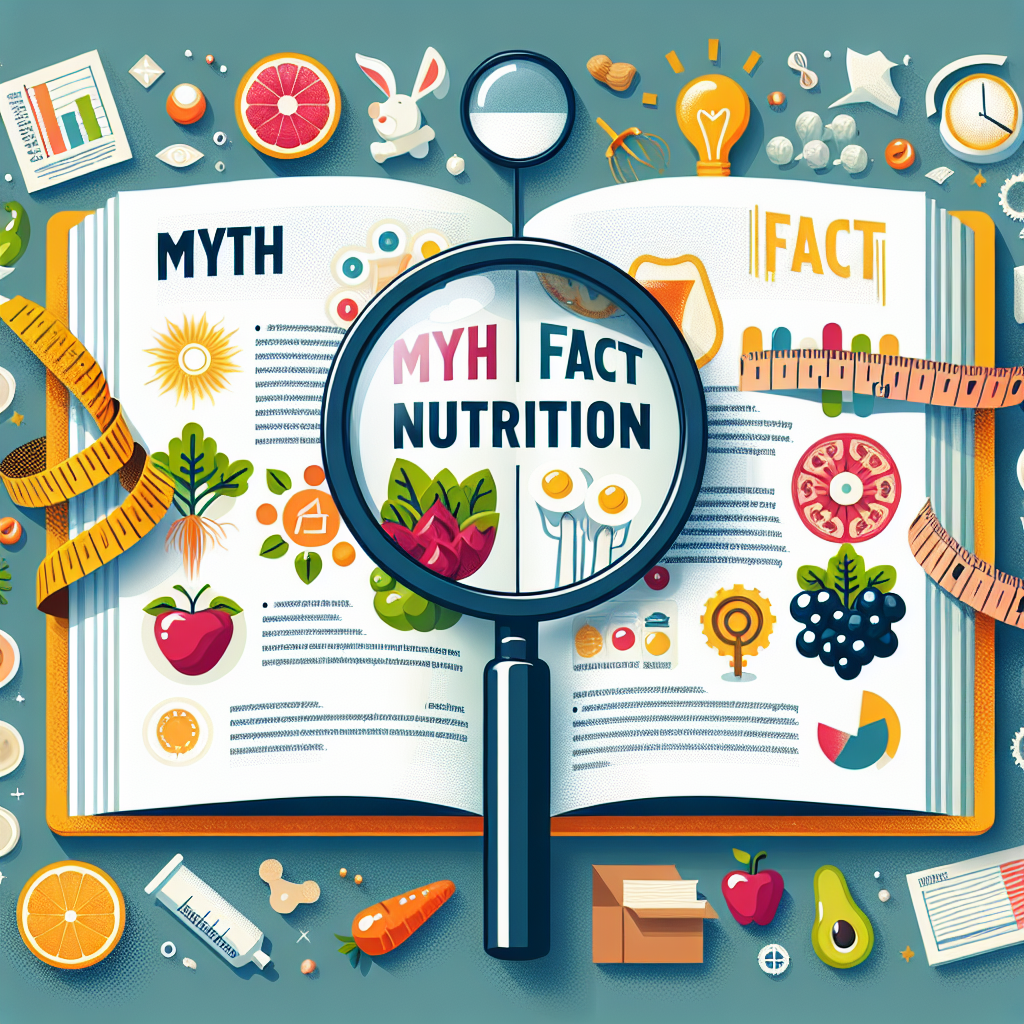Everyone has heard the saying, “You are what you eat.” But how often are we consciously aware of what we are putting into our bodies? Do we really understand the concept of a balanced diet? With so much confusing and often contradictory dietary information out there, it’s easy to get lost in your journey to understanding good nutrition. This article aims to shed light on the secrets of a balanced diet, to help you understand its importance and adopt healthy eating habits.
A balanced diet is not a fad, trend or diet plan. It does not refer to limiting foods or cutting out certain food groups. It is a way to maintain or improve general health. A balanced diet is a diet that includes various types of food in certain quantities and proportions, so that the need for all nutrients is properly met.
The main role of a balanced diet is to provide the body with the right amount of nutrients it needs to function properly. It ensures that we are getting all the vitamins, minerals and nutrients our bodies need to keep them performing at peak performance.
Unlocking the secrets of a balanced diet is based on understanding the macronutrients and micronutrients that make up our food.
Macronutrients are nutrients that our body needs in large quantities and include carbohydrates, proteins and fats. These provide energy or calories to the body. For a truly balanced diet, it needs the right mix of these three ingredients.
Carbohydrates are the body’s main source of energy. They are essential for fueling physical activity and organ function. That doesn’t mean you can have unlimited pasta or bread. However, it does encourage the consumption of healthy carbohydrates, such as whole grains, fruits and vegetables.
Proteins, the body’s building blocks, are used for repair and maintenance, such as building and repairing tissues, enzymes, and hormones. Good sources of protein include lean meats, poultry, fish, eggs, dairy products, beans, nuts and seeds.
Fats are essential for energy and the absorption of certain vitamins. They are also necessary for the production of cytokines, a key function of the immune system. Unsaturated fats, such as those found in avocados, nuts, seeds and oily fish, are particularly beneficial.
Micronutrients are also essential. They contain vitamins and minerals, which are essential for good health. Vitamins are necessary for energy production, immune function, blood clotting and other functions. Meanwhile, minerals are important for growth, bone health, fluid balance, and many other processes.
To add to the mix, the body needs water and fiber. Water is essential for life, and fiber aids digestion and nutrient absorption.
So now the question arises. How to balance these nutrients in our daily meals?
Understanding and implementing portion control is an important step in maintaining a balanced diet. A good rule of thumb is to divide your plate into quarters: fill half the plate with vegetables, one quarter with lean protein, and one quarter with whole grains or healthy carbohydrates. This will give you a mix of all the nutrient groups.
Second, consider your eating habits. Do not skip meals and eat regularly. This helps regulate your body’s metabolic function and aids in effective absorption of nutrients.
Having variety in meals is another essential factor in maintaining a balanced diet. Different foods have different nutritional profiles. So, by changing your menu regularly, you can ensure that you are getting a variety of nutrients.
Finally, but most importantly, reduce the intake of processed food and junk. They are low in nutrients and high in sugar, salt and unhealthy fats, which can lead to obesity and health complications.
All these steps together form the key that unlocks the secrets of a balanced diet. Adapting to these eating habits may seem daunting at first, but once you start to see the impacts it has on your overall health and well-being, it will become easier and more enjoyable.
Remember, the purpose of a balanced diet is not only to prevent bad health; it also plays an important role in protecting and enhancing good health, increasing our energy levels and promoting our mental well-being. It simply helps us look and feel our best.
Choosing balance is not about reaching perfection but about consciously seeking a better and healthier life. As Hippocrates said in 460 BC, “let food be thy medicine and medicine be thy food.” So let’s unlock these secrets and embrace the amazing and nourishing power of a balanced diet.




